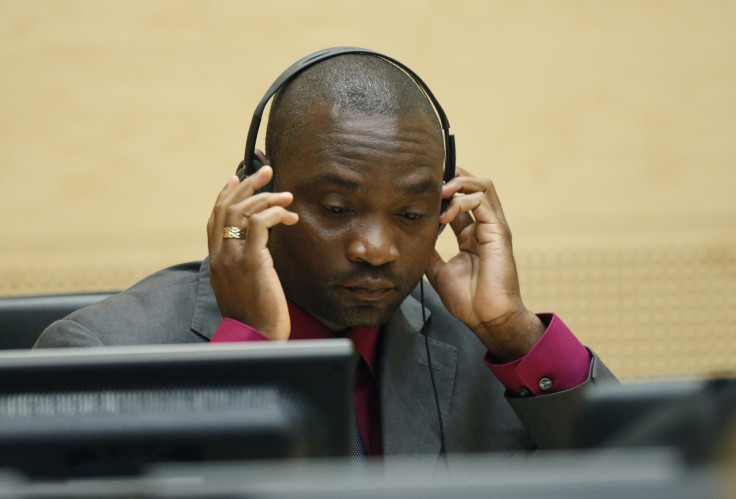Congo: ICC Convicts Germain Katanga of War Crimes

The International Criminal Court at The Hague has pronounced Germain Katanga guilty of war crimes and crimes against humanity in Congo, but acquitted him of sexual and gender-based violence involving rape and sexual slavery.
He was charged with atrocities against the Hema ethnic group, including using captured women as sex slaves.
Katanga, also known by the alias Simba (lion), was found guilty of being an accomplice in ethnic massacre at a small village in the gold-rich Congolese district of Ituri in 2003, which killed at least 200 people belonging to the Hema tribe, a majority of whom were minors under the age of 18.
Simba has been convicted in his capacity as an alleged former leader of the Patriotic Resistance Force in Ituri (PRFI). An ICC arrest warrant was issued against him in 2007 for his suspected role in the Hema genocide.
The rebel leader had denied the charges and was acquitted of direct involvement in the attack or using child soldiers as also alleged.
Nevertheless, the latest trial convicted him of supplying weapons to the perpetrators of the genocide.
Origins of Ituri conflict
The origins of the Ituri conflict can be traced to as early as 1972, when agriculturalist Lendu and the pastoralist Hema tribes clashed over control of resources in the strategically important town bordering Uganda.
However, pitched armed battles date back to 1999, which have claimed tens of thousands of lives over nine years. The PRFI is suspected to have been supported by the Lendu ethnic group.
The Hague prosecution said in the attack, villagers were shot as they slept, and others were slaughtered with machetes to save on bullets.
Judge Bruno Cotte noted that without the "supply of weapons... commanders would not have been able to carry out the attack with such efficiency".
As the Ituri conflicted almost ceased in 2004, peace deals were signed between the various armed rebel groups and the government, while Katanga was offered a position in the army as part of the peace process.
A year later, he was incarcerated in Congo in connection with the killing of nine UN peacekeepers in Ituri, but his case was transferred to the ICC in 2007.
Thomas Lubanga, a rival militia leader in Ituri, was sentenced to 14 years in 2012 by the ICC for war crimes and recruiting child soldiers. He was the first person ever to be convicted by the ICC and Katanga is the second.
© Copyright IBTimes 2025. All rights reserved.





















